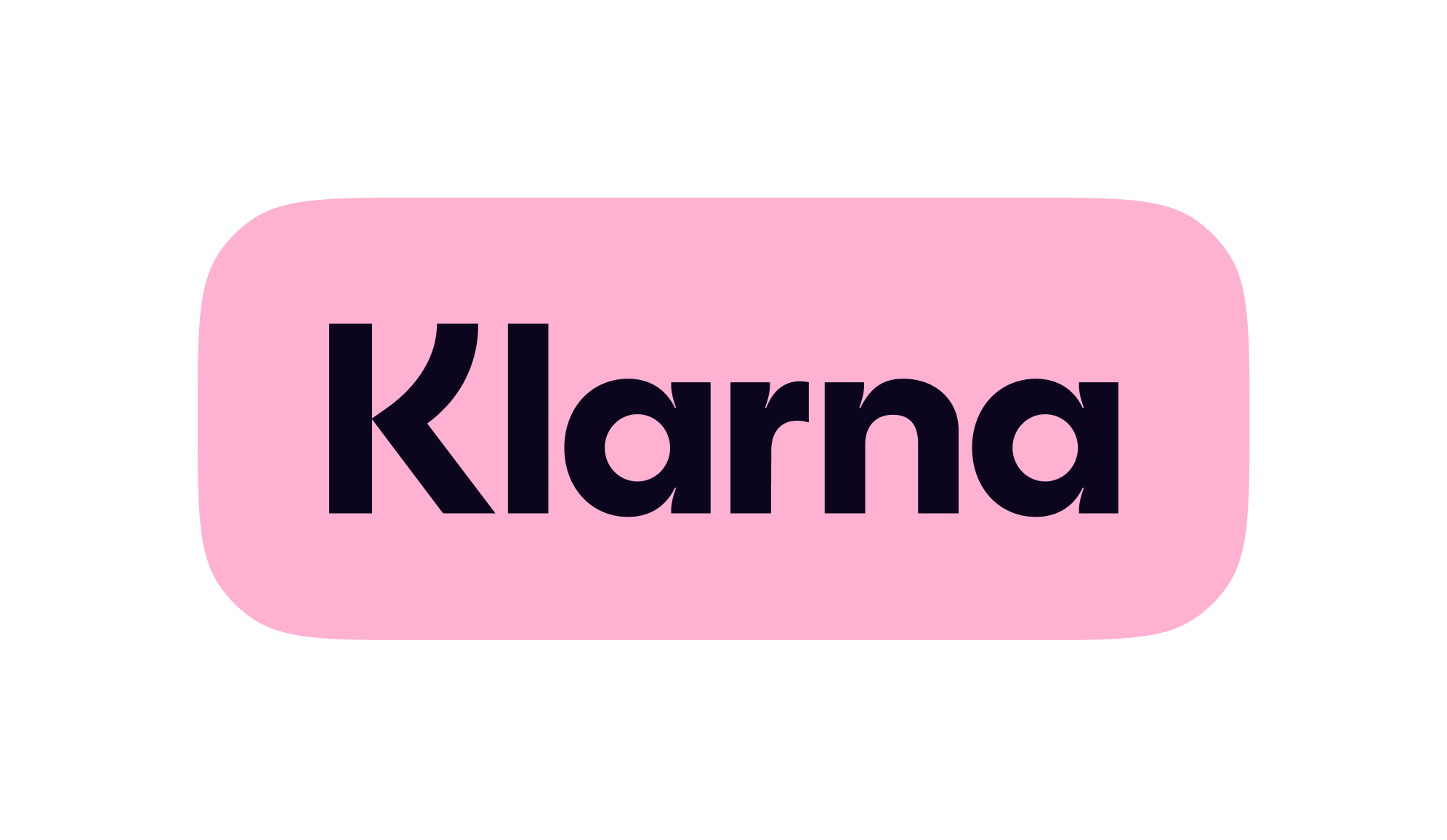Health care. Cybersecurity. Manufacturing. Financial and business services. Media and telecommunications. What do all of these industries have in common? They share a critical talent shortage—one that is only expected to increase over the next decade.
But these industries also share another common trait: They are all considered an excellent fit for transitioning veterans looking to enter the civilian workforce. So, how come there are hundreds of thousands of qualified veterans still unemployed?
A disconnect remains between civilian employers and veterans.
We hear over and over again that companies just don’t know how to relate to veterans. Too often they have a hard time understanding how military roles and skills translate to civilian jobs. Or they get hung up on fears of PTSD and anger issues among veterans. Or they worry about future deployments leaving them short of personnel. And the list goes on.
But there is another side of the equation that is often overlooked: In the same way that companies don’t understand veterans and their potential value, veterans, too, are unsure of what their post-military career should look like. They know exactly what their roles were in the military, but what does that mean when trying to find their place in corporate America?
The government has developed a program for helping soon-to-be discharged veterans transition out of the military and find work, but it is crucial for U.S. companies to meet them halfway. There are important steps businesses can take to better understand and connect with the veteran demographic, beginning with educating their hiring managers about how to attract and engage the veteran population.
It will take veterans and HR professionals working together to make a difference.
In an interview with the Society for Human Resource Management (SHRM), retired U.S. Marine Corps Lieutenant Colonel Justin Constantine talked about fostering a relationship between veterans and HR professionals to help veterans find civilian work. Constantine, a veteran advocate and inspirational speaker, is the author of From We Will to At Will: A Handbook for Veteran Hiring, Transitioning, and Thriving in the Workplace.
“Most HR folks don't come from the military because it’s a very small sliver of our population. At the same time, a lot of companies have identified veterans as a great source for employees who are often overlooked,” Constantine told SHRM. “But that can be very intimidating for HR professionals because they don’t have a military background. They don’t understand the way we talk, they don’t know our experiences and the value we bring, and so I think they can shy away from hiring veterans or just not pay much attention to their résumés because they don't understand what’s on there.”
In his book, Constantine attempts to bridge the gap between veterans and hiring managers by laying out some of the challenges most often expressed by businesses and providing proven strategies and expert recommendations—plus real-world examples of companies who have been successful in hiring veteran employees.
What else can companies do to connect more effectively with veterans?
In addition to better preparing HR staff and hiring managers to attract and interview veteran job applicants, businesses looking to build their ranks with qualified veteran candidates should make sure they have a clearly defined onboarding process. For a lot of veterans, this will be their first time working for a civilian company, so making sure they know what to expect can help ease their apprehension and make the process go more smoothly.
Hiring managers should also make sure veterans know the corporate hierarchy and to whom they will report. Military personnel are used to having a clear system of rank and knowing where they fit in, and making this information as transparent as possible will help to put new veteran employees at ease.
Veteran new hires will also be looking for a well-defined career plan that clearly identifies the expectations, potential for growth and opportunity for advancement within the company. Spending a little extra time discussing this with veteran applicants can go a long way toward ensuring their success in their new role.
Finally, if businesses have veterans already on their staff, they should absolutely use them as a resource. Having been in the same boat at one point, these individuals will likely be able to provide some valuable insight about the veteran thought process and tactics for helping both parties relate to one another.
Veteran-owned DD214Direct helps you get the documents you need, when you need them.
Our cutting-edge technology platform and keen knowledge of government protocol and procedure allow us to deliver your documents faster than competitors. We physically stand in line at the records repository and manually coordinate your order, freeing up your time and easing your worries about whether or not you will get your DD214. Much like paying a small fee to have your taxes done by a professional, DD214Direct provides the service and convenience you’ve been hoping for, plus we make it a lot easier.
Instead of having to download, print, sign and fax your document request form, you can submit your order directly through our website with the ease of e-signature technology from a desktop, laptop or mobile device. Once we locate your DD214, we will email you a copy immediately—a service not offered by the government. And tracking your request through us is simple, so you never have to worry about long hold times and inconclusive answers.
Ready to get started? Click here to begin the order process.











